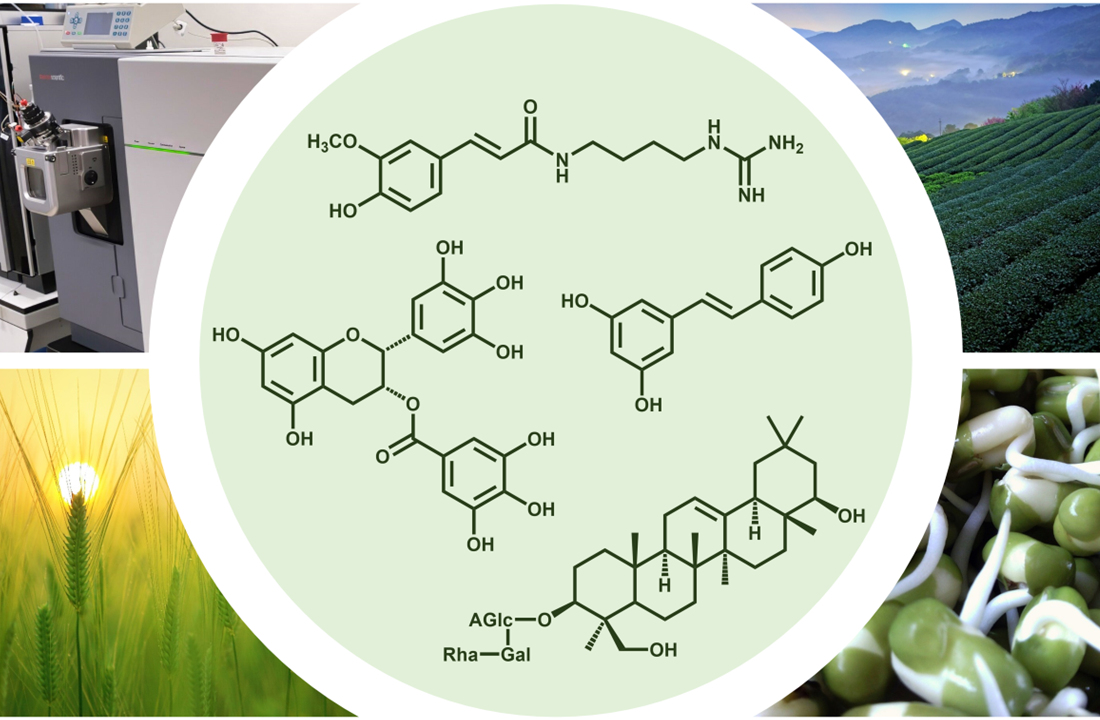Phytochemicals are diverse compounds produced by plants for various functions, including defense against pests and diseases. They are classified into several categories, such as flavonoids, carotenoids, alkaloids, and glucosinolates, each with unique health benefits. Phytochemical profiling involves analyzing the specific types and concentrations of these compounds in different plant sources. This information is crucial for identifying which foods may offer the most significant health benefits.
Research has shown that a diet rich in phytochemicals can reduce the risk of chronic diseases such as heart disease, diabetes, and certain cancers. For instance, flavonoids found in berries and citrus fruits have been linked to improved cardiovascular health, while glucosinolates in cruciferous vegetables like broccoli and kale may have cancer-fighting properties. By understanding the phytochemical composition of various foods, individuals can make informed choices to enhance their health.

Incorporating phytochemical-rich foods into your diet can be simple and enjoyable. Start by diversifying your fruit and vegetable intake. Aim for a rainbow of colors on your plate, as different hues often indicate varying phytochemical profiles. For example, red foods like tomatoes and strawberries are rich in lycopene, while orange and yellow foods like carrots and sweet potatoes provide carotenoids. Green leafy vegetables are excellent sources of flavonoids and other beneficial compounds.
Herbs and spices are also potent sources of phytochemicals. Incorporating fresh herbs such as basil, parsley, and cilantro into your meals can enhance flavor while boosting your intake of beneficial compounds. Spices like turmeric and ginger not only add zest to dishes but also offer anti-inflammatory properties due to their high phytochemical content.
For those looking to maximize phytochemical intake, consider exploring less common plant-based foods. Foods like seaweed, quinoa, and various legumes can provide unique phytochemicals that may not be present in more widely consumed options. Additionally, fermented foods such as kimchi and sauerkraut can enhance the bioavailability of phytochemicals, making them easier for the body to absorb.
As research in phytochemical profiling advances, it is becoming increasingly clear that these compounds play a vital role in health promotion. Understanding the benefits and sources of phytochemicals can empower individuals to make healthier dietary choices. By prioritizing a diverse and colorful array of plant-based foods, you can harness the power of phytochemicals to support your health and well-being. Embracing this knowledge not only enriches your diet but also contributes to a more holistic approach to nutrition.

